Why there are so few women in Swiss local politics
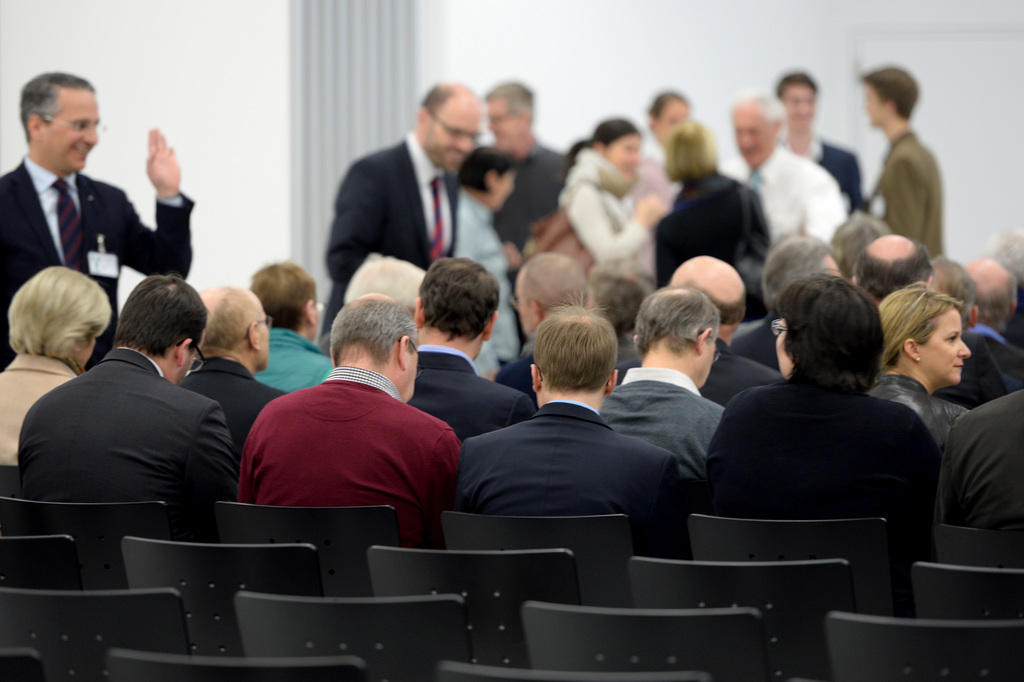
Getting Swiss women to take part in town hall meetings is a challenge, even in a place where the majority of the local government is female. What are the reasons?
As a rule, town hall meetings across Switzerland are awash with bald heads, moustaches and checked shirts covering paunches – the mythical cradle of Switzerland’s direct democracy in its more than 2,200 municipalities is mostly a man’s world.
The town of Steinhausen, about 21 kilometres (13 miles) south of Zurich, is slightly different: three of the five members of its local government are women.
Barbara Hofstetter, who the mayor of the 10,000-person town, estimates that its town hall meetings tend to be about 40% women.
“But nine out of ten citizens who speak at theses gatherings are men,” she says.
No interest
A quick straw poll in Steinhausen reveals that many women are not interested in local politics.
“I’ve lived here for 30 years, but I have never been to a town hall assembly,” says a 55-year-old woman at a bus stop.
A middle-aged lady sitting on a public bench and talking to a friend says that she used to attend these meetings occasionally but then lost interest.
“As I got older I preferred to spend my evenings at home and the issues discussed don’t appeal to me that much anyway.”
A 37-year woman on the terrace of a restaurant concluded that the meetings “don’t do much” for her.
It’s not just women who stay away from local assemblies, as overall participation reached a new low point in 2016 following a steady decline over three decades. But women are the least likely to make their voices heard in the forum.
No cure
Hofstetter sees no immediate solution but she does believe that strong female representation on local councils could ultimately encourage other women to participate more actively in local politics.
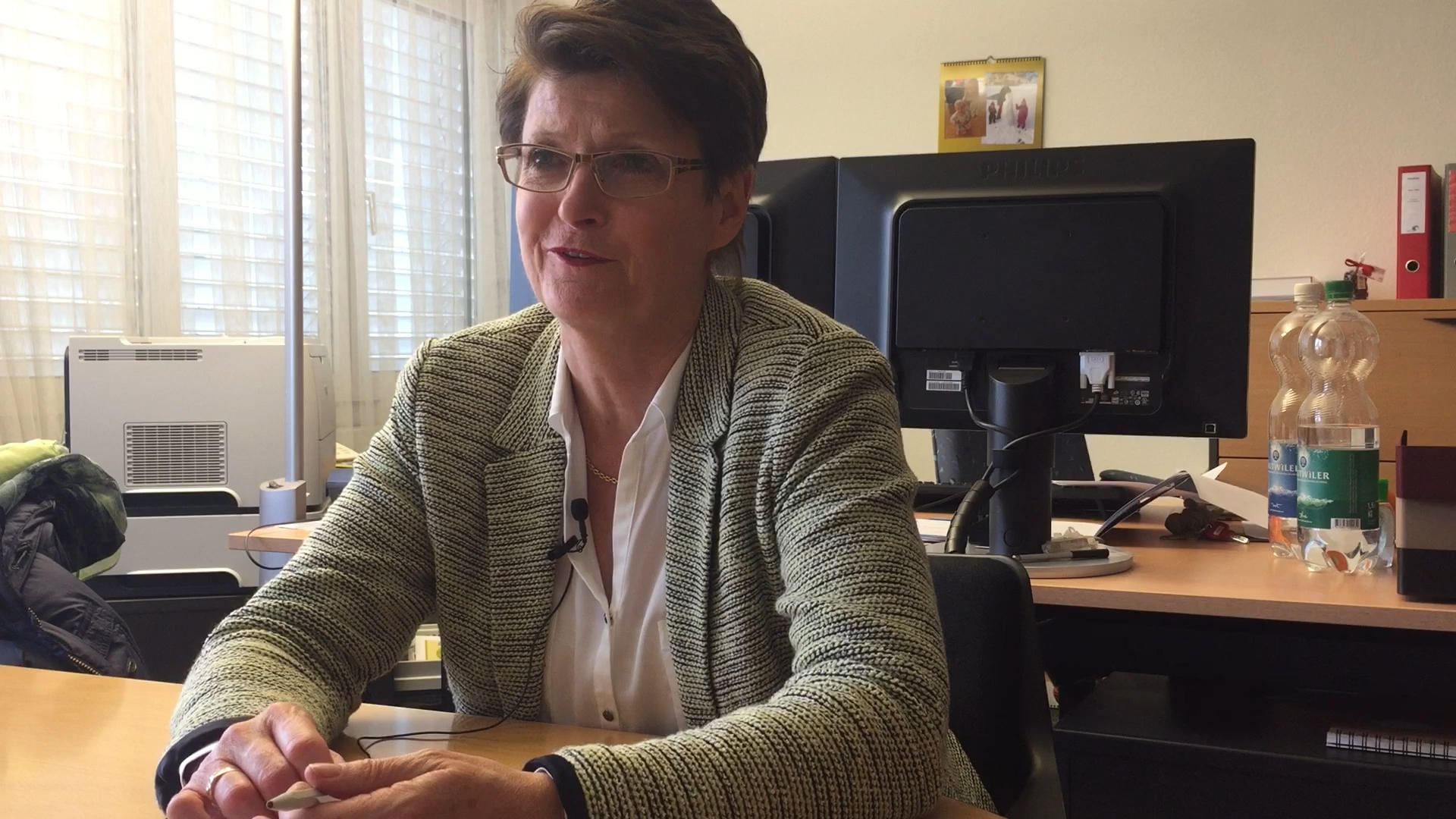
More
The mayor is a role model
The Association of Swiss Municipalities does not have any exact figures on female representation at town hall meetings. But it has been possible to identify which groups of citizens are generally less present, according to Andreas Ladner of the Graduate School of Public Administration of Lausanne UniversityExternal link.
He estimates that women are underrepresented in about 30% of municipalities, but that their representation is “adequate” in 70% of places.
“This means they are at least as well represented as men in the best case,” says Ladner, who based his research on information from the heads of the local administrations. But he cautions that their definition of “adequate” can vary.
Nor is there any consolidated data on gender representation on local councils. But it is known that men account for about 75% of members on the executive councils governing larger municipalities. Experts believe that roughly the same ratio applies for small municipalities.
Young generation
Young people and new arrivals are even less well-represented at town hall meetings than women.
But experts argue that the women’s case is more serious from a democratic point of view, as they account for more than half of the population.
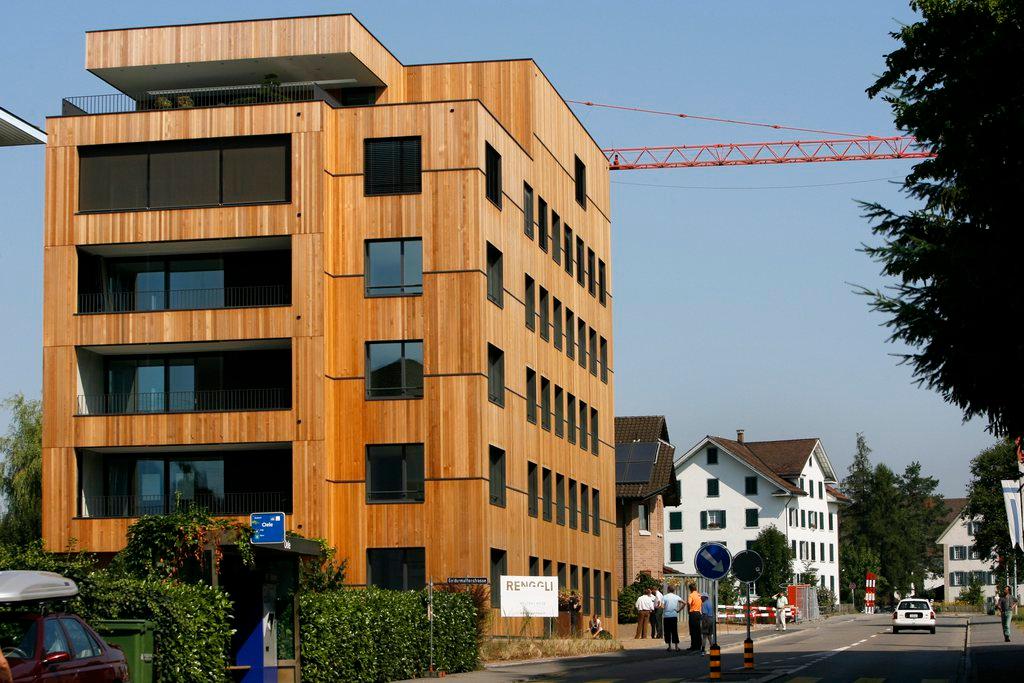
The gender gap is also apparent in turnout at votes and elections, but it is less striking than in citizens’ assemblies, according to a Swiss electoral studyExternal link. On average, 46% of women and 53% of men go to the polls in Swiss votes.
Causes
Isabelle Stadelmann-Steffen, professor of comparative politics at University of Bern, thinks Swiss history holds the key to the main reason for female political under-representation. Swiss women only gained the vote at a national level in 1971.
“Research shows that men cite tradition, habit and a sense of duty for their personal political engagement,” says Stadelmann-Steffen. But these motivations do not play the same role among women, she adds.
She adds that the fact that Swiss women only won the right to vote less than 50 years ago has had an economic impact. Women across all age groups still have fewer social and economic resources.
In other words: on average, women in Switzerland have less political expertise, interest, and access to significant social and professional networks than men.
Time
Traditional household roles also mean that women often do not have the time to participate in political activities. They do more unpaid work than men in addition to their regular jobs. This includes looking after children, household chores, taking care of other family members and volunteering.
The deliberative nature of citizens’ assemblies – that is debate and verbal confrontation – also appears to put many women off, as research from the United States suggests.
The fear of speaking in public may be heightened by the fact that they are in a minority at these assemblies.
New model needed?
“It is a valid question whether town hall meetings are still the right way for democracy at the local level or whether if wouldn’t make sense to establish local parliaments,” says Stadelmann-Steffen.
She argues that not only women, but many men of all age groups are increasingly staying away from citizens’ assemblies.
“It’s rather rare that issues of general interest are discussed. The principle of a citizens’ assembly might be commendable and important. But there are just too many hurdles,” she says.
As for Hofstetter, she will step down as Steinhausen’s mayor and chairwoman of the citizens’ assembly at the end of this year. She has decided not to stand again in elections this autumn after 20 years in local politics.
But she says her goal is keep a high share of women in the town’s executive body. She has made it her final mission to win as many women candidates as possible for her party, the centrist Christian Democrats.
Adapted from German/urs

In compliance with the JTI standards
More: SWI swissinfo.ch certified by the Journalism Trust Initiative








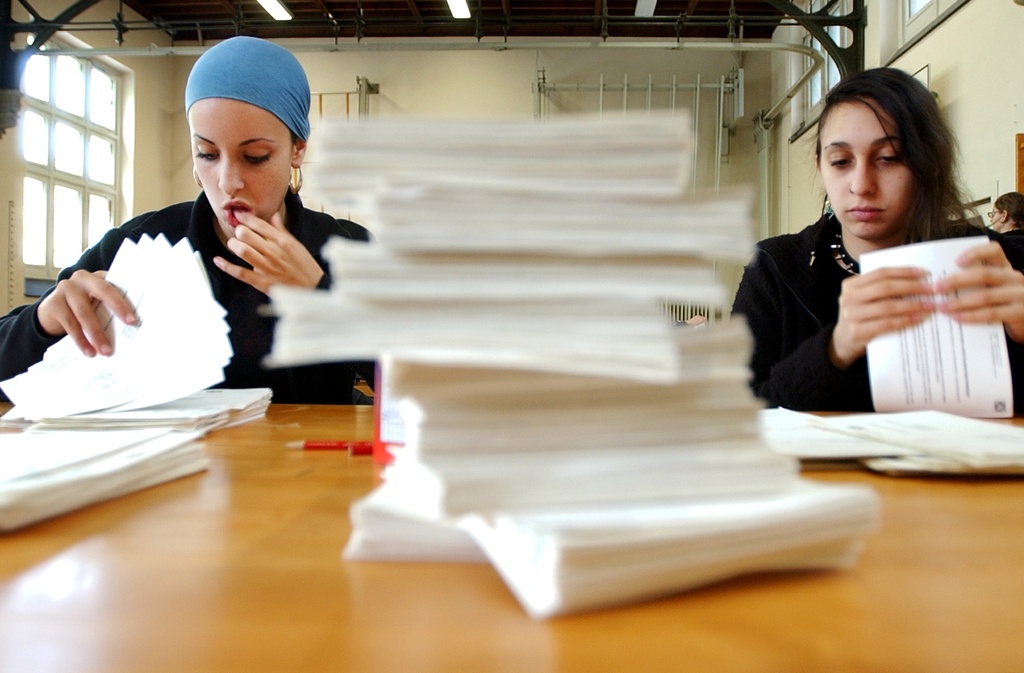
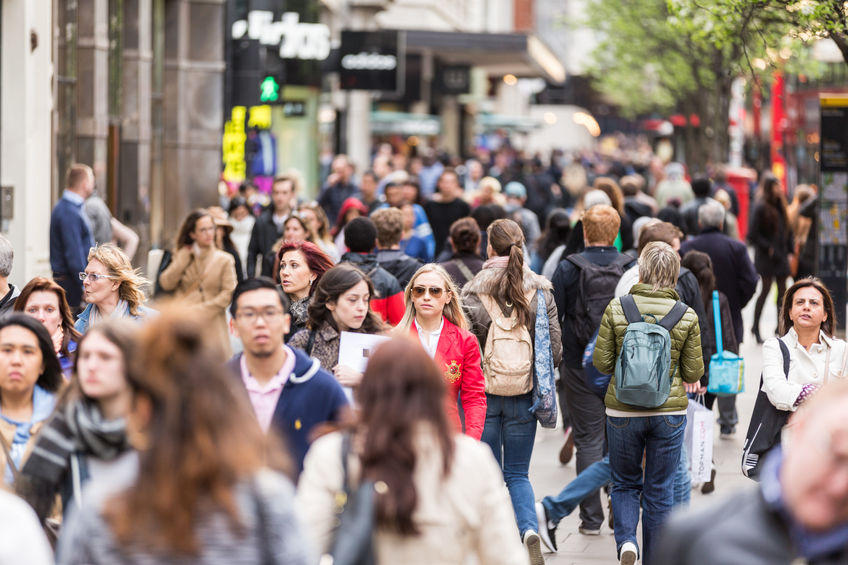
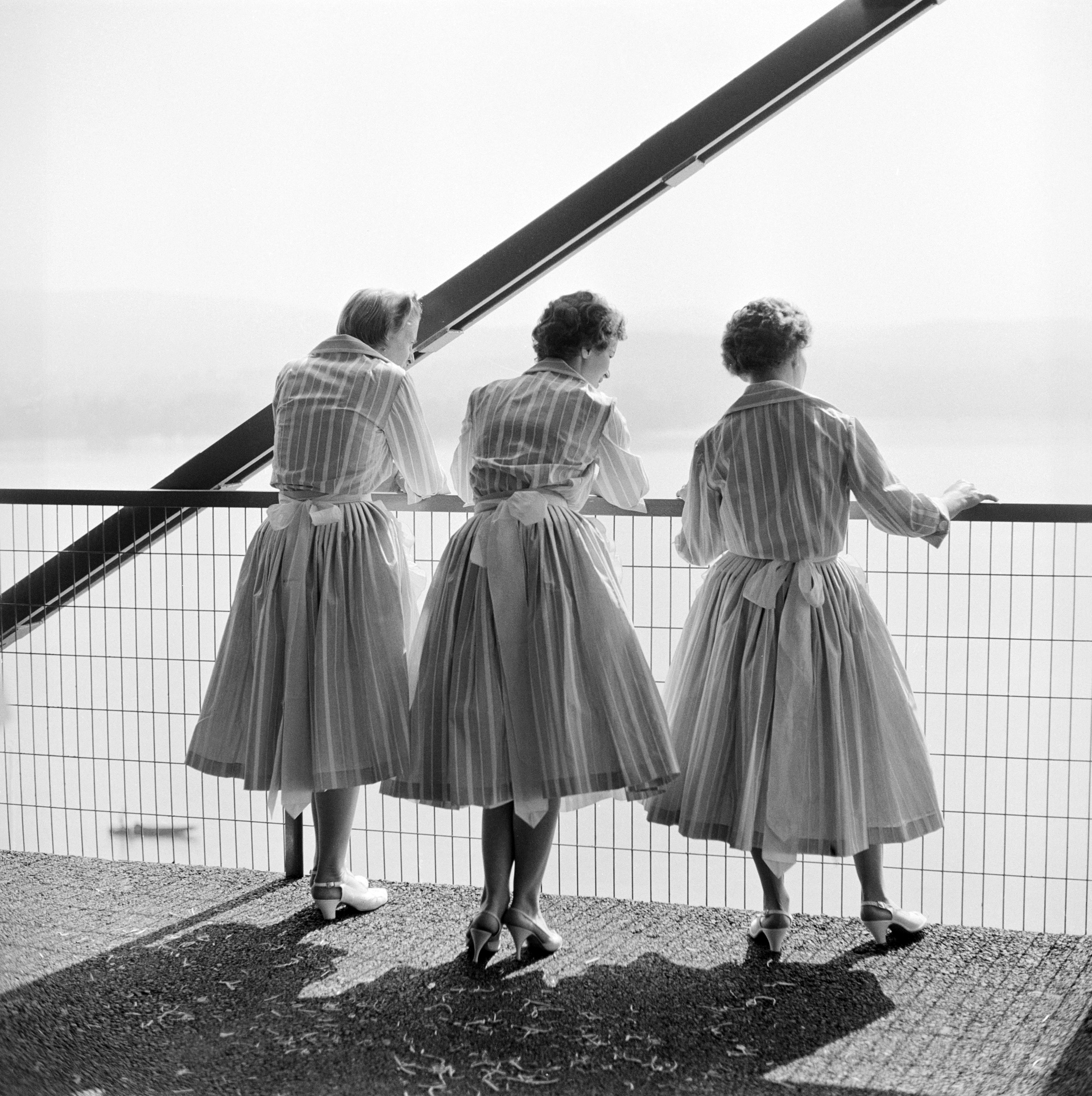
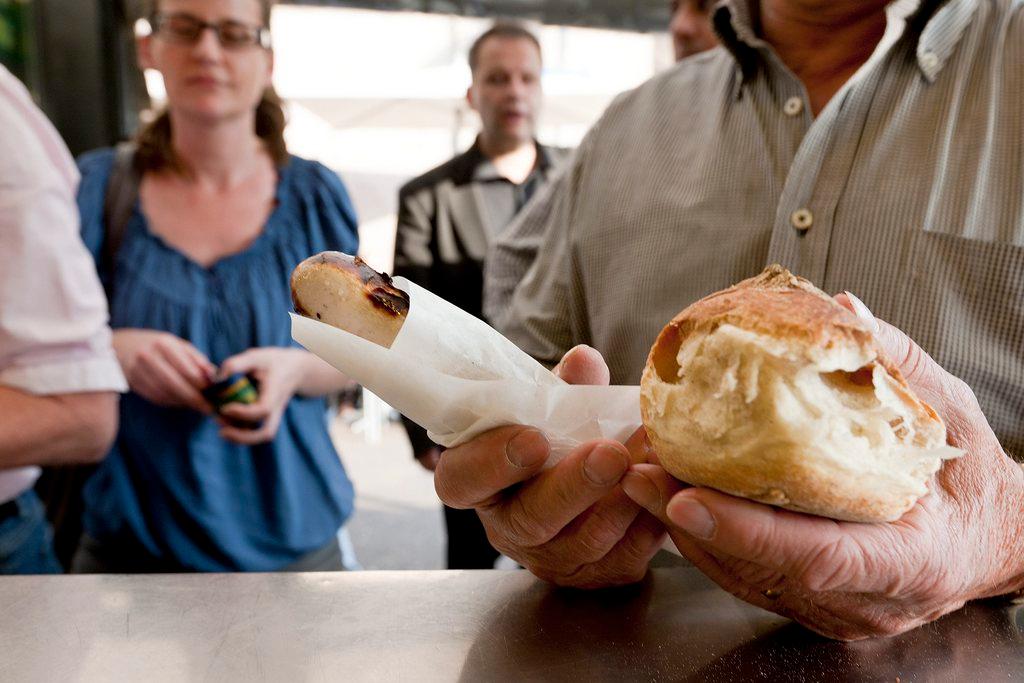
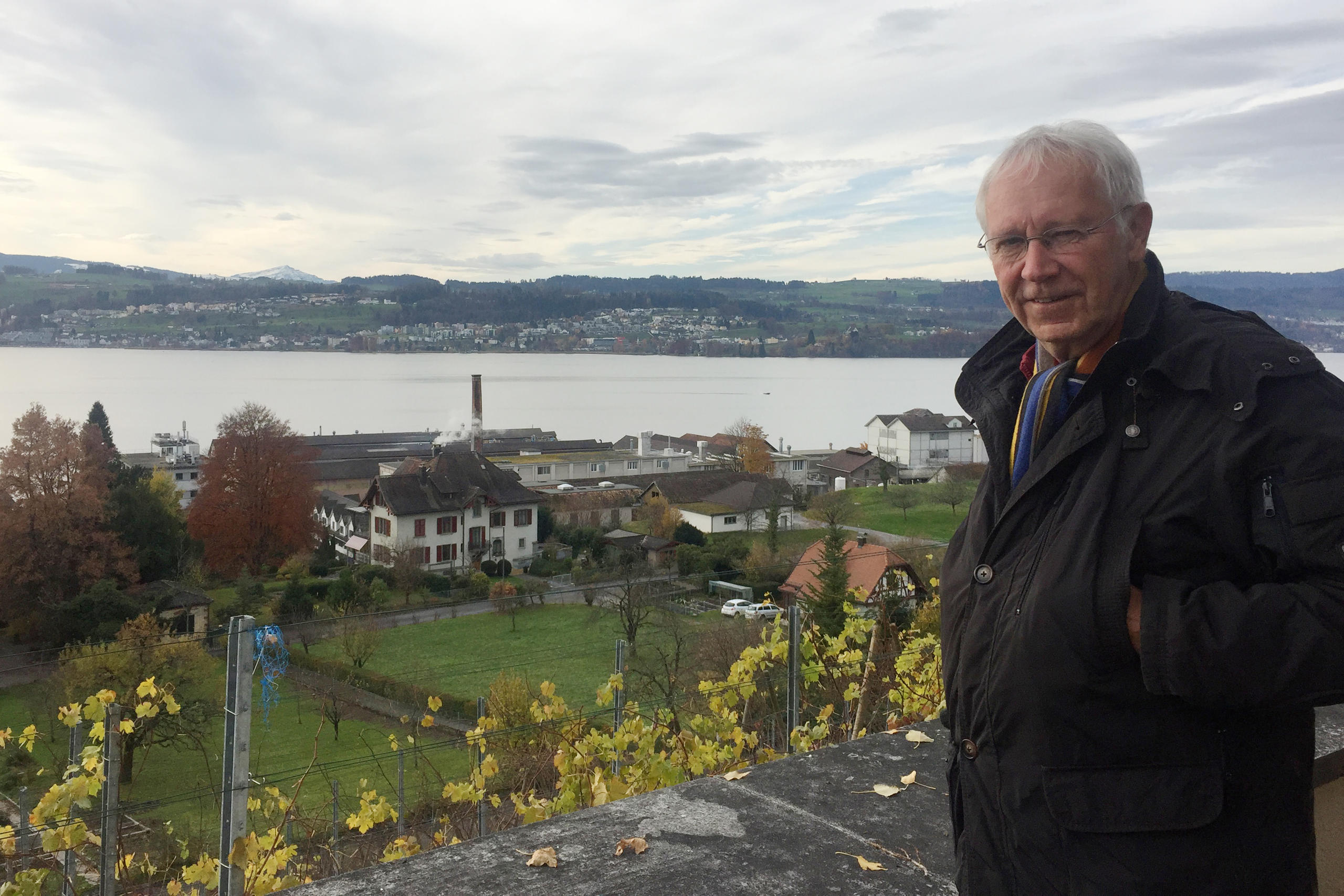
You can find an overview of ongoing debates with our journalists here . Please join us!
If you want to start a conversation about a topic raised in this article or want to report factual errors, email us at english@swissinfo.ch.